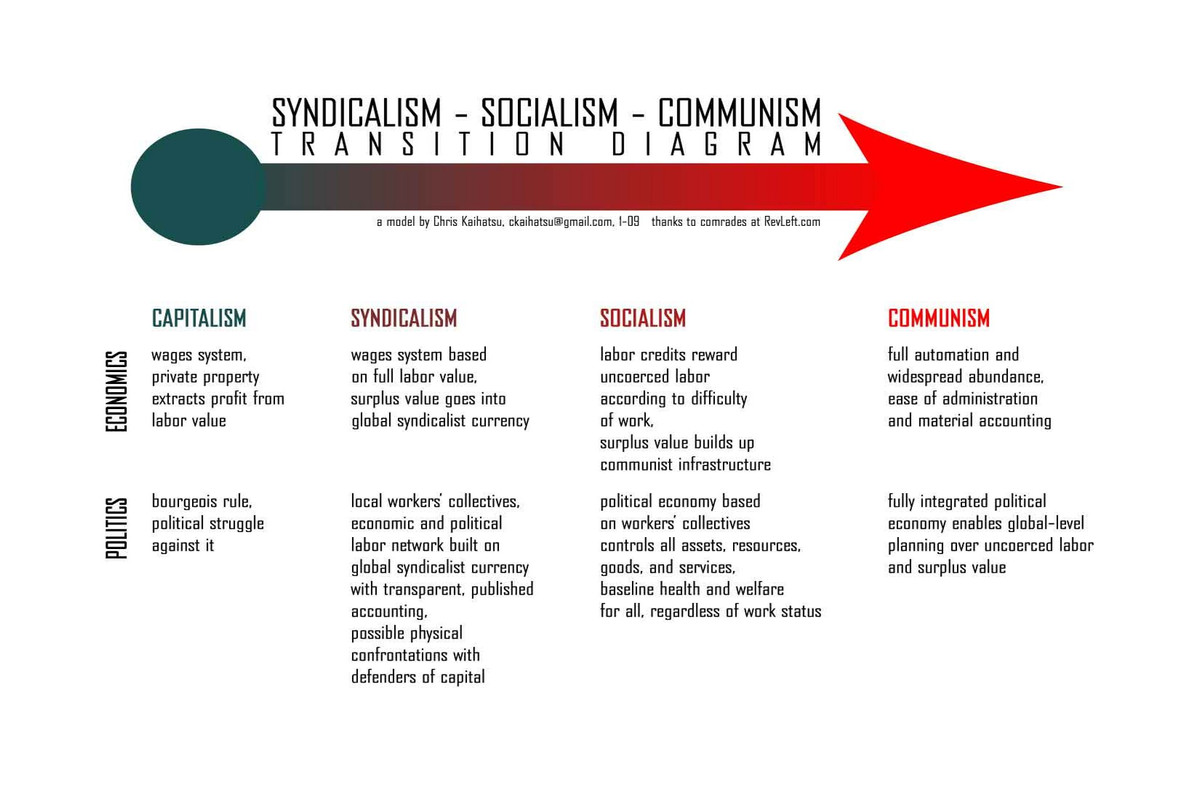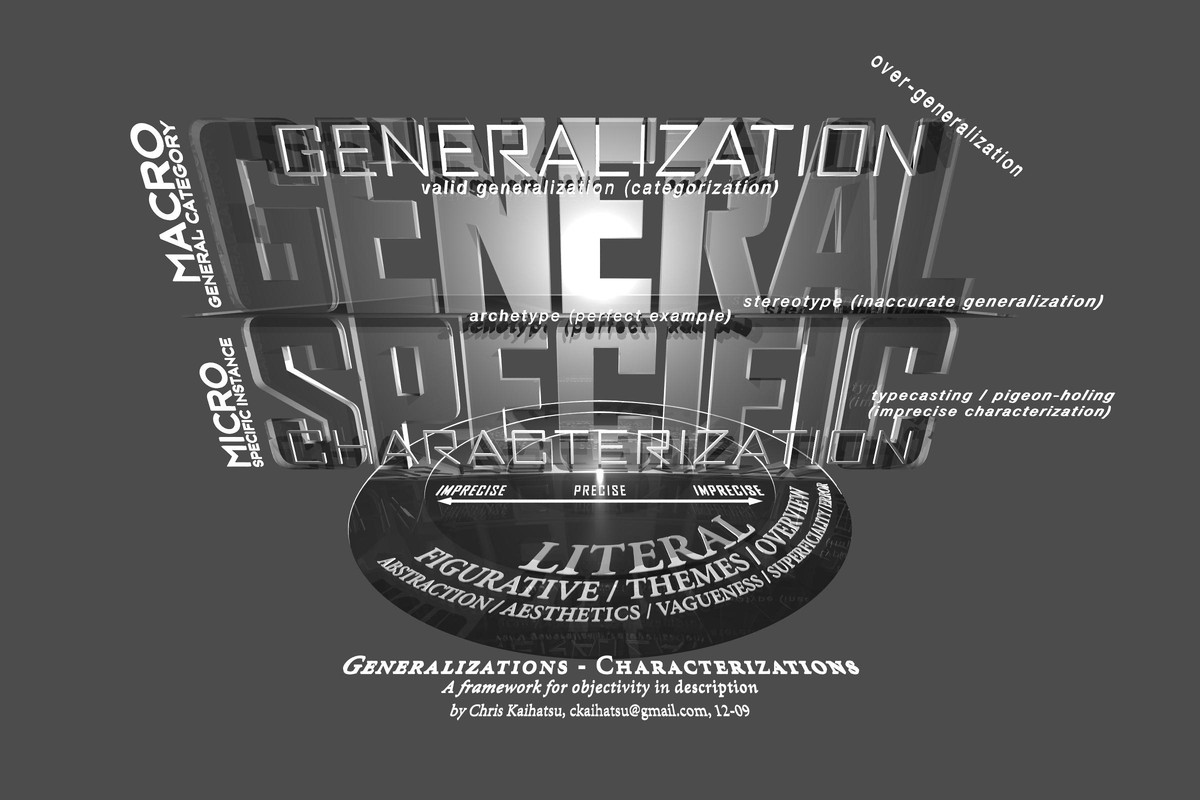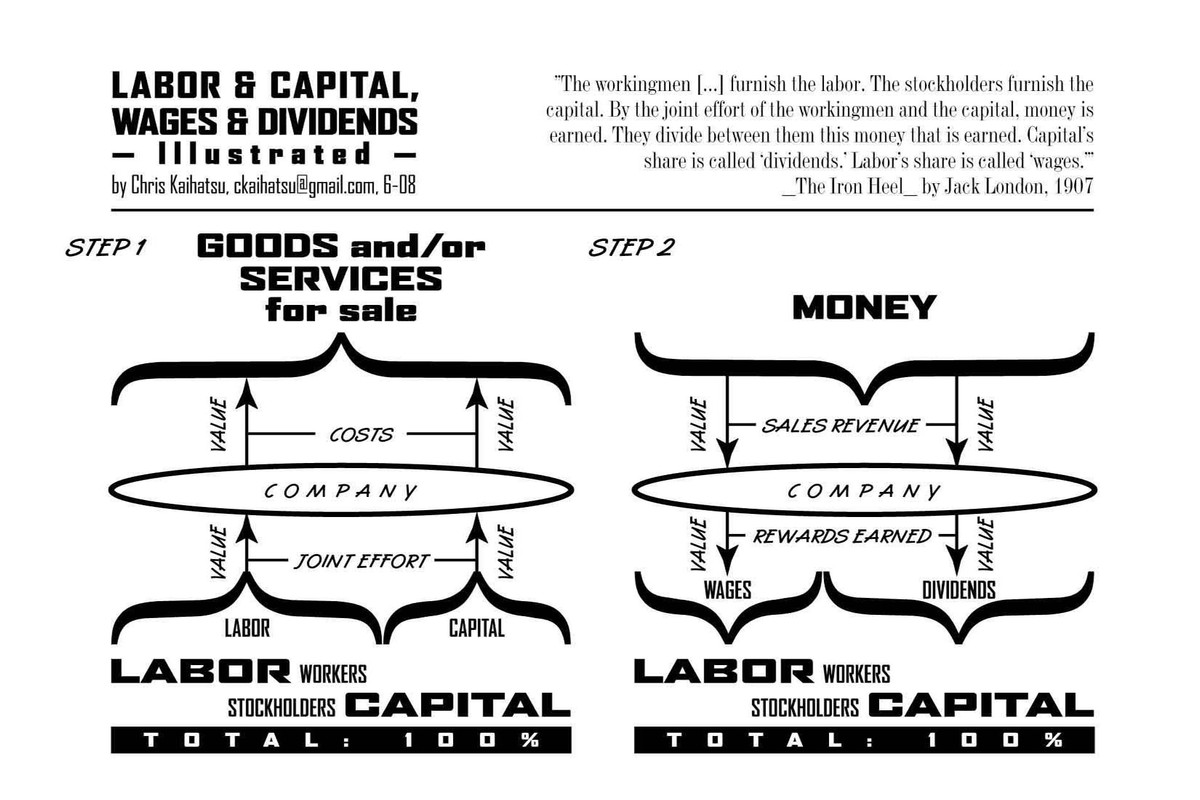- 23 Jan 2023 04:24
#15262866
I mean the solution is literally 'communism', I'm just defining 'surplus value'.
Capitalism is when capital is privately owned and owners not involved in the process of production get paid dividends and thus are exploiting "surplus value". Communism is when capital is collectively owned and workers don't have their surplus value taken from them.
For a market solution within capitalism, Spain has many worker-owned collectives such as Mondragon where workers select their own board of directors and profits are redistributed to the employees rather than far-off guys being paid dividends. Another solution you'll be rightly cynical about is the Chinese model, wherin the party owns and finances an enterprise on behalf of the public, and profits are used to finance functions of state on "behalf of the people".
The point is not to evaluate whether these models are effective and I don't want to get into a debate about whether China is doing right or Mondragon has outsourced is exploitative practices to other firms, simply to point out that alternative models can and do exist to shareholder/owner capitalism.
It doesn't necessarily have to be an individual or an owner (see the two examples above). Capital can be secured in other ways, or, since this is a communism subforum, you can do away with the need for private capital entirely and distribute it in other ways.
Easily. The labor and physical capital assets used to produce the good is 'value'.
The profit on each widget is 'surplus value'.
When the 'surplus value' is distributed to people who did not contribute to the production of the actual good, who's presence and identity is irrelevent to the production of the good, who could be removed from the equation today without changing a thing about the production of the good (you're smart, you know what I'm saying without a need to go in pedantic circles about it. If every owner that is not also an employee of Apple died today, Apple would still exist and still be able to produce widgets tomorrow. Owners are not a day-to-day requirement of the businesss), Marxists call this exploitative/appropriation and that the profit should be going to the people necessary to the day-to-day production of the good.
You can disagree with the conclusion that this is bad or exploitative, sure - I was just explaining what surplus value is since you guys were still misrepresenting it and talking about 'assemblyline workers earning as much as engineers' or what nonsense.

Rancid wrote:What would make this situation more fair? FOr example, what if one of those owners of AAPL wasn't some rich kid, but a teacher's union pension fund? Does that change anything?
Aside from that, what would be the solution? Eliminate secondary markets for company ownership? Eliminate dividends and stock buy backs? Let's say we did do that, I wouldn't be surprised if some new system were setup where as if you own stock in apple, you become an employee and get paid for doing nothing and in proportion to how much apple you own.These people have all sorts of ways to work around shit.
I mean the solution is literally 'communism', I'm just defining 'surplus value'.

Capitalism is when capital is privately owned and owners not involved in the process of production get paid dividends and thus are exploiting "surplus value". Communism is when capital is collectively owned and workers don't have their surplus value taken from them.
For a market solution within capitalism, Spain has many worker-owned collectives such as Mondragon where workers select their own board of directors and profits are redistributed to the employees rather than far-off guys being paid dividends. Another solution you'll be rightly cynical about is the Chinese model, wherin the party owns and finances an enterprise on behalf of the public, and profits are used to finance functions of state on "behalf of the people".
The point is not to evaluate whether these models are effective and I don't want to get into a debate about whether China is doing right or Mondragon has outsourced is exploitative practices to other firms, simply to point out that alternative models can and do exist to shareholder/owner capitalism.
Unthinking Majority wrote:Of course they are needed, somebody has to pay for the offices, warehouses, factories, materials, shipping vehicles, etc.
It doesn't necessarily have to be an individual or an owner (see the two examples above). Capital can be secured in other ways, or, since this is a communism subforum, you can do away with the need for private capital entirely and distribute it in other ways.
Unthinking Majority wrote:The point here is how do we accurately define the economic value that the labourer and the owner provide
Easily. The labor and physical capital assets used to produce the good is 'value'.
The profit on each widget is 'surplus value'.
When the 'surplus value' is distributed to people who did not contribute to the production of the actual good, who's presence and identity is irrelevent to the production of the good, who could be removed from the equation today without changing a thing about the production of the good (you're smart, you know what I'm saying without a need to go in pedantic circles about it. If every owner that is not also an employee of Apple died today, Apple would still exist and still be able to produce widgets tomorrow. Owners are not a day-to-day requirement of the businesss), Marxists call this exploitative/appropriation and that the profit should be going to the people necessary to the day-to-day production of the good.
You can disagree with the conclusion that this is bad or exploitative, sure - I was just explaining what surplus value is since you guys were still misrepresenting it and talking about 'assemblyline workers earning as much as engineers' or what nonsense.











 - By wat0n
- By wat0n